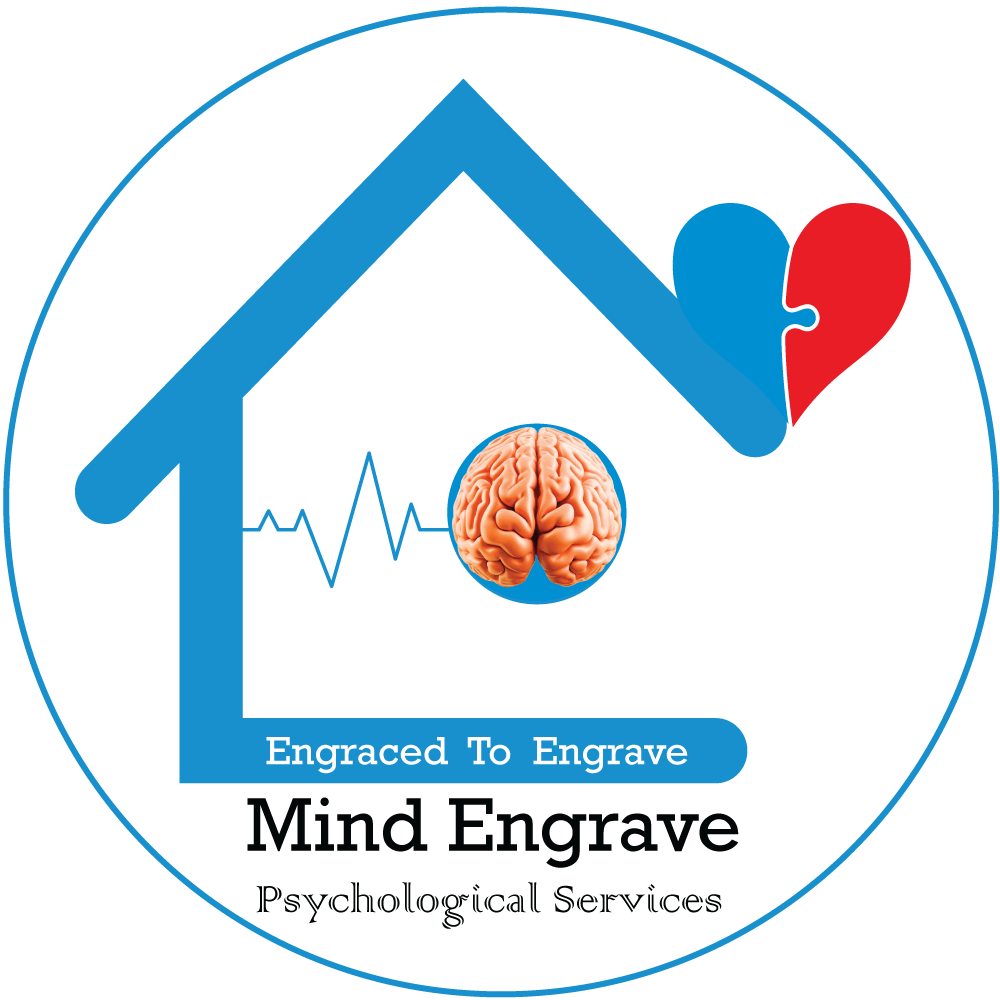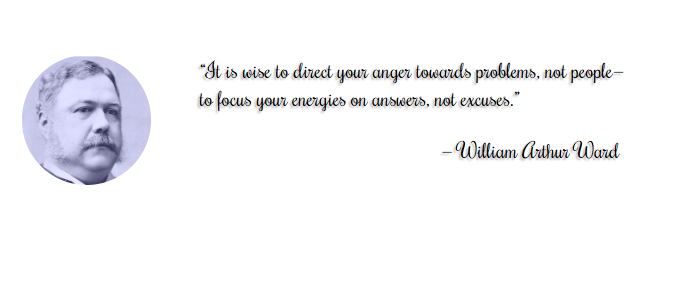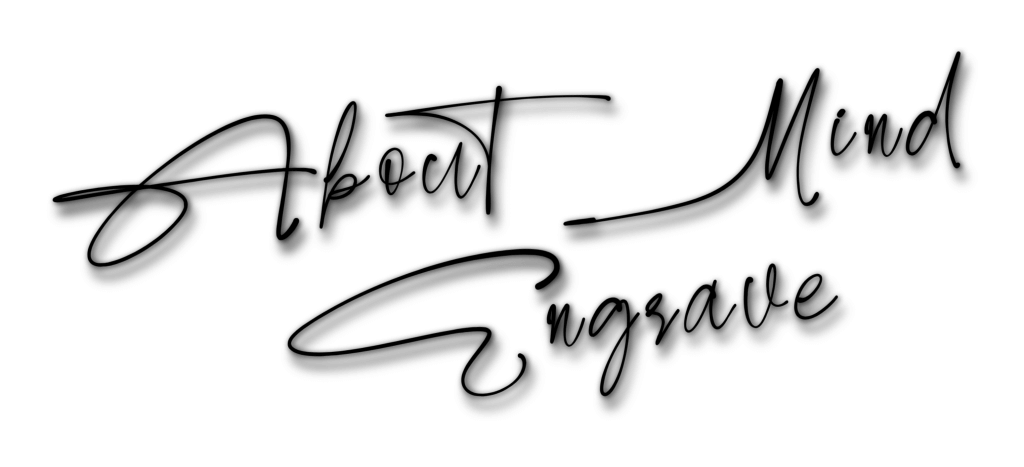Turning Anger into Action
It is wise to direct your anger towards problems, not people—to focus your energies on answers, not excuses.
– William Arthur Ward
The above quote by William Arthur Ward encapsulates a valuable life lesson in emotional intelligence and problem-solving. Let’s delve into this quote and dissect its significance.
At its core, William Arthur Ward advises us on how to handle anger, frustration, and challenges in our lives. His quote suggests that instead of venting our anger at individuals, we should channel that powerful emotion towards addressing the underlying issues causing our distress. It also emphasizes the importance of seeking solutions rather than dwelling on excuses or blame.
Blaming people for problems can be counterproductive and harmful in many ways. When we direct our anger at individuals, we often create a hostile environment that can damage relationships and hinder effective communication. Blame can lead to resentment, defensiveness, and an escalation of conflicts, making it difficult to resolve issues constructively.
Furthermore, blaming others can be a way of deflecting responsibility. It’s easier to point fingers than to acknowledge our own role in a problem. This avoidance of personal responsibility can prevent personal growth and hinder our ability to learn from our mistakes.
On the other hand, directing our anger toward problems can be empowering. When we see a problem as separate from the individuals involved, we can approach it with a clearer, more objective mindset. This allows us to analyze the root causes, gather information, and strategize solutions.
Anger, when used constructively, can be a powerful motivator. It can fuel our determination to overcome obstacles and make positive changes. For example, societal movements often harness the collective anger of people to address systemic issues like injustice or inequality.
An essential component of focusing on problems rather than people is empathy. Empathy involves understanding and sharing the feelings of others. When we practice empathy, we are more likely to view individuals caught up in a problem as part of the solution rather than the cause.
Empathy can de-escalate conflicts and facilitate collaboration. Instead of seeing someone as an adversary, we see them as a fellow human being facing a challenge. This shift in perspective opens the door to productive dialogue and cooperation.
This quote in view, most especially the second aspect of it underscores the significance of seeking solutions. Excuses are often a way of avoiding responsibility or delaying action. They can be barriers to progress and personal growth.
By focusing on answers, we shift our mindset from dwelling on problems to actively seeking ways to overcome them. This proactive approach can lead to innovation, problem-solving, and personal development. It encourages us to take ownership of our challenges and work towards resolution.
In practical terms, applying this quote means reframing our thinking when confronted with difficulties. Instead of immediately assigning blame or getting caught up in anger, we can take a step back. We can ask ourselves questions like, “What is the root cause of this issue?” and “What steps can I take to address it?”
It also Involves refraining from making sweeping judgments about people based on their involvement in a problem. We can recognize that individuals are complex and multifaceted, and their actions may not define their entire character.
Largely, the wisdom contained in this quote speaks to the power of emotional intelligence and constructive problem-solving. It reminds us that anger, while a natural emotion, can be harnessed for positive change when directed at problems rather than people. By focusing our energies on finding answers and taking responsibility for our challenges, we can grow as individuals and foster healthier relationships and communities. All in all, we should endeavour active agents of positive change rather than just reactors.

Odusanya Adedeji
Odusanya Adedeji A., is a Licensed & Certified Clinical Psychologist whose domain of expertise cuts across management of specific mental health issues such as, Depression, PTSD, Anxiety & Anxiety related disorders, substance use disorder, etc





